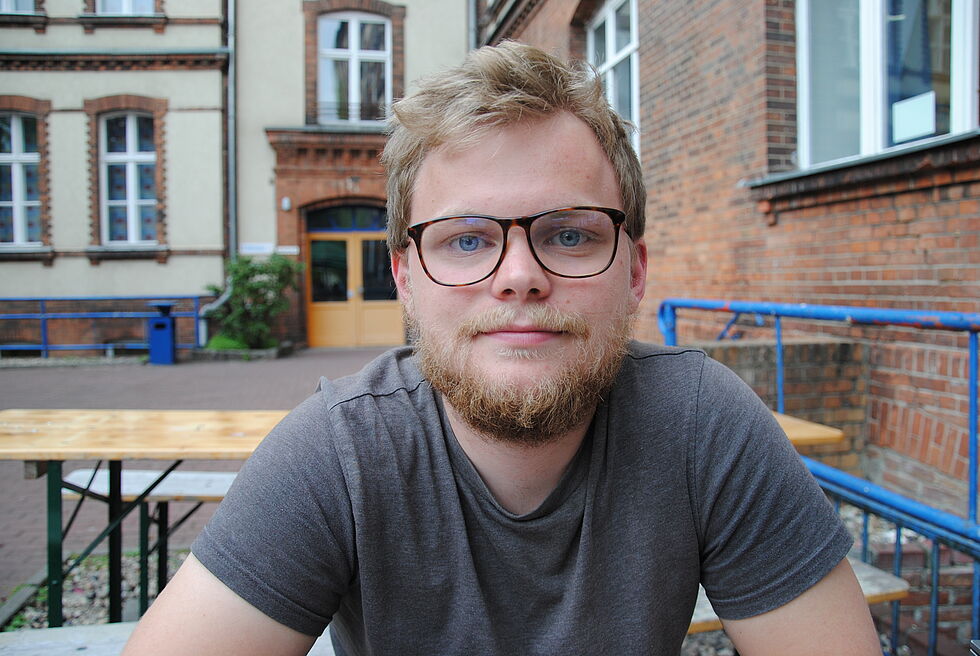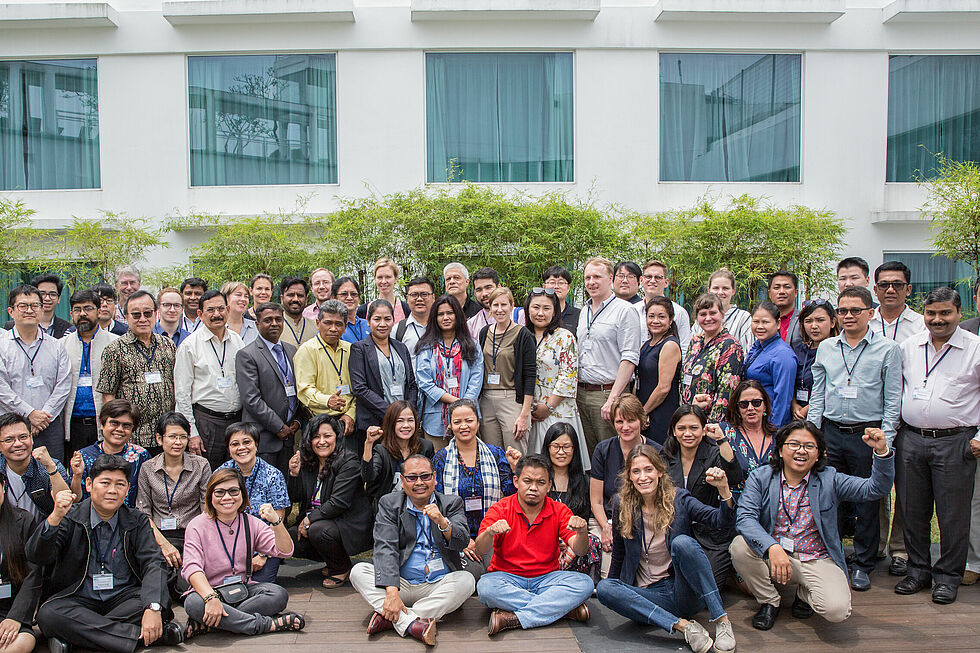Making the future of trade unions
Organizing young transport workers in the platform economy in Asia


In 2019, with the support of Friedrich-Ebert-Foundation, the International Transport Workers’ Federation (ITF) started a three-year project on Union Building & Digital Organizing in the platform Economy. Halfway into the project, we made use of Artika Ashdhir visit to Nepal to ask her a few questions on this exciting project and the trends in the transportation sector. Artika is the Asia-Pacific regional Coordinator for the ITF Union Building Team and here is what she shared with us:
FES Nepal: The transport sector has seen some of the most remarkable impacts due to platformization in recent years – a trend that is also discussed in other sectors nowadays as ‘Uberization’. Digitalization often makes services cheaper and more convenient for customers, but often destroys traditional structures and the protection that comes with them for workers. What are the major trends in Asia you see at the moment?
Artika: One of the biggest impacts of the platformization is the growth of the informal workforce in the urban transport sector. Companies like Uber globally; Ola in India (now moving to other countries) and Grab dominant in South-East Asia, hire drivers as partners and label them as self-employed. However, these so-called self-employed drivers have no control over their working hours, setting of pricing, various promotions that the company launches to attract customers or other day to day operations of the app-based cab industry. This clearly implies an employer-employee relationship, but the companies refuse to give them employee rights under the current legal systems in our countries. In order to prove themselves as employees and gain those fundamental rights, they have to fight for years and go through legal proceedings without the finances and time for it.
As a result, they end up working for minimum 12 hours a day in order to get a decent living wage after the deductions of car lease/loans. Salaries of Uber drivers decreased by 30 per cent after the first year of its operation in India; due to an over-supply of app-based cabs in the market. With no control over their workspace and no rights as an employee, this platformization has pushed thousands of workers in the informal sector, weakening their protection and position. The transport sector renders a classic example of the tendencies of capitalism in this new digital age.
You are especially working with young transport workers, from different regions in Asia, where do you see the young transport worker’s situation in this sector? What are the main challenges? Do the young people also see possibilities for themselves?
Young transport workers in South and South East Asia today are well-informed and have the capacity to fight creatively. I believe they are in a very unique position, where they have the capability to change the traditional forms of unions and take the concept of trade unionism to a different level.
The main challenges that young workers face today at a macro level are rampant growth of informal work, changing techniques of capitalism to control labour and the rise of right-wing, pro-business governments. At the micro-level I see the challenges of changing the traditional barriers of the trade union and the desire to be more creative in approaches to leadership, union building and organizing.
Working with young workers is really exciting for me and sometimes gives you the feeling that anything is possible. You will see some brilliant out of the box solutions to the toughest of challenges like organizing, which seems basic but is the most challenging task in the current times. The possibilities with young workers are limitless and we have witnessed that; with the biggest example of self-organizing taking place for app-based workers all around the world.
Maybe you can give us a few examples? How is platformization influencing workers lives?
ITF Delhi recently conducted research into the health and safety for Uber and Ola drivers in metro cities in India in order to frame a policy for the workers. The initial research showed that most of the drivers are in the age group of 20 to 40 and spend 10-16 hours daily in their vehicle; which causes health issues like back pain, muscle pain, stomach problems (as there are no proper facilities for sanitation in the city, they usually have to wait for a long time before using a rest room) and stress. And they are completely left alone with these problems. Since they do not have an employee status, they have no health insurance or social security, fluctuating salaries, no minimum wage and no option to grow. The workers are trapped in a vicious cycle of poverty with no rights.
We see things are changing though. In California, a bill has been introduced that declares that Uber/Lyft drivers are employees and thus entitled to fundamental worker’s rights. Similar changes are seen in the UK, but unions need to mobilize more aggressively in Asia. Also, given the nature of work it would be an interesting thought to look at alternative organizing models. Maybe a traditional union approach is not suitable in face of these challenges. Social movements have proven to be far more successful in bringing policy changes about; the best example of it is the union driven fight for 15 campaign in the US, which demanded a minimum wage of $15 across all fast food chains in the country.
As we see the adverse impacts of digitalization and automation are having increasing impact on worker’s right and job security, what is ITF doing for organizing the platform workers? What is the idea behind the project you are working on?
As organizing the platform workers is strategically important for ITF, we have been supporting unions in the UK and other European countries that are organizing app-based platform workers like Deliveroo. Through its project in India ITF is consolidating all self-organizing efforts (app-based worker networks) taking place across different cities and platforms across the country. In Hyderabad, the worker network launched a missed-call app, where drivers across different platforms can give a missed call if they are looking for support and are thus creating a database. This database will be used to organize these workers, conduct health and safety surveys, create awareness about the network with the ultimate aim of policy change at a national level.
Another example is our affiliate in Indonesia that organizes cabin crews and is seeking support to build an offline membership form that can be used by the union to organize members while they are traveling. This connects well with ITF’s strategic direction of growing and activating membership.
Organizing through online platforms is a concept that we at the ITF have been exploring. One of our affiliates in the Philippines (Juan Wing) organized through social media. Juan Wing is a union of Cebu Pacific Airlines cabin crew and they organized working remotely using Facebook as the main form of communication and built core groups at different levels that led to the formation of their union, which has around 1200 members and is currently negotiating their first collective bargaining agreement. We at the Union Building team of the ITF have taken this as a case study to understand the details of the methodology they applied and hopefully this will be useful in other transport sectors too.
The digital project is helping us at ITF to look at different avenues of organizing using creative methods; all depending on the needs of our affiliates and relating to our 3 strategic directions; growing and activating membership, influencing global and regional policy and innovative campaigning.
Thanks for sharing these insights, Artika. We wish you all the best for your work. Hope to see you again in Nepal!
For more information on the work of FES Nepal, visit their website or follow them on Facebook.
About the Interviewee
Artika Ashdhir works with the ITF as Asia Pacific Regional Coordinator of the Union Building Team. She has been part of the labour movement for the last eight years. Artika is also part of the ITF Youth Team implementing projects in the region as well as the ITF Airports Organizing Team.






